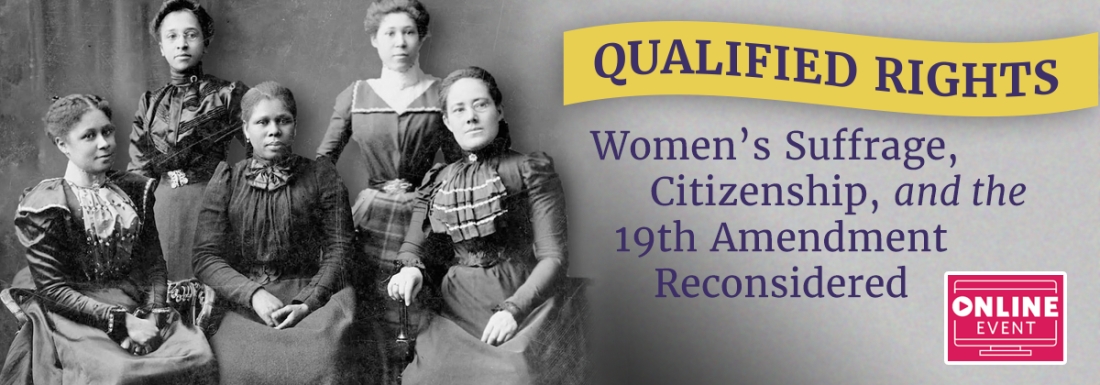One hundred years ago this month, women won their fight for the right to vote – though not all of them.
Black women, who had pleaded as passionately for suffrage as they did for African Americans’ civil rights, welcomed the 1920 passage and ratification of the 19th Amendment as only a partial victory. Many Native and Asian Americans and other women of color were not granted citizenship and likewise kept at arm’s length from voting booths.
University of Minnesota historian Sarah-Jane (Saje) Mathieu recalls and examines those revealing silences amid the celebration of the landmark constitutional amendment. The primary beneficiaries were, at first, white women and the small numbers of African American women in northern and western states in which there were no racial restrictions on voting. Most Blacks lived in the South, where Jim Crow laws kept men and women alike from casting ballots for decades afterward.
Mathieu discusses the pitfalls, as well as the pinnacles, accompanying the 19th Amendment’s promise.
An associate professor of history at Minnesota, Mathieu is coming off a faculty fellowship at Harvard University’s Warren Center for Studies in American History. She specializes in 20th-century American and African American history with an emphasis on immigration, war, race, globalization, social movements, and political resistance.

